A Choke Hold on Justice: The Tragedy of Eric Garner

December 11, 2014
Contradicting testimonies, questions of physical resistance, overall lack of video evidence- all ambiguities that existed in the Michael Brown case that were not present in this most recent, widely- publicized police brutality incident. Yet, somehow we find ourselves with the same result.
Just nine days after a Grand Jury came down with the controversial decision that they would not indict Darren Wilson, the Ferguson cop who shot and killed unarmed, black 18-year-old Michael Brown, a New York City Grand Jury (of your peers and mine) announced that they would not indict Daniel Pantaleo, the cop who choked and killed Eric Garner for selling loose tobacco cigarettes. This is, of course, despite the fact that Garner exhibited no physical resistance (though he did say, “Please don’t touch me”), the fact that the act of choking to subdue a suspect is completely banned by the NYPD, and the fact that even after Garner was on the ground, surrounded by officers, audibly, repeatedly saying “I can’t breathe,” Pantaleo continued to choke him. And we know this not because of potentially flawed witness testimonies, but because the entire incident was clearly caught on camera for the world to see.
Now, let me make one thing clear: this is not me saying that all cops are evil and that any use of force whatsoever should be discouraged. If I were ever in a situation where I felt I was in immediate danger, the police would be my automatic first phone call (that is, if Ghostbusters was unavailable). And while I advocate for restrained use of force in any circumstance, if someone was being extremely violent or harmful to other human beings, I would completely condone police taking actions to take them down (through ethical means, of course).
But Eric Garner was not a violent individual. Garner, in fact, was known in his community for his efforts in helping break up fights and keeping a watchful eye on the street as a father of six. And in what universe is the selling of loose cigarettes a violent enough offense to provoke physical force? This is a misdemeanor at best, worthy maybe of a slap on the wrist or a small fine. But instead, a decent man was effectively sentenced to death because he stole a few bucks from our beloved tobacco companies.
Critics will say that this case has the high profile it does because it fits in with this narrative that white cops unfairly target black men. And I completely agree with that…except it’s not a narrative. In Ferguson, Missouri, blacks were targeted for 92 percent of vehicle searches even though whites were 12 percent more likely to have contraband [Huffington Post]. In Boston, blacks make up only 25 percent of the population, yet they are stopped 63 percent of the time (and seizure of contraband occurs only 2.5 percent of the time [CNN]). In New York from 2002-2013, blacks were 42-45 percent more likely to be stopped by police and whites (and nine of ten times they were completely innocent [National Civil Liberties Union]). The list, tragically, goes on.
That’s not to say this story is all about race. This story is about a cop killing a nonviolent human being through use of excessive and completely illegal force. But race is not just something that can be overlooked here, either.
A similar case occurred in Tennessee where a cop used a choke hold to subdue a drunken college kid, Jarod Dotson, who was allegedly resisting arrest. In this instance, however, there were results the very next day. The cop, Frank Phillips, was almost immediately fired. The difference between the two cases (besides the fact that the student was able to walk away from the encounter with his life), is that Dotson was white.
Something is seriously wrong with our system if a Grand Jury can watch this video and consciously not only decide that Pantaleo is not guilty, but also decide that it is not even worth putting him on trial.
I guess what I’m trying to say can best be summed up by comedian and political satirist Jon Stewart: “We are definitely not living in a post-racial society, and I can imagine there a lot of people out there wondering how much of a society we’re living in at all.”



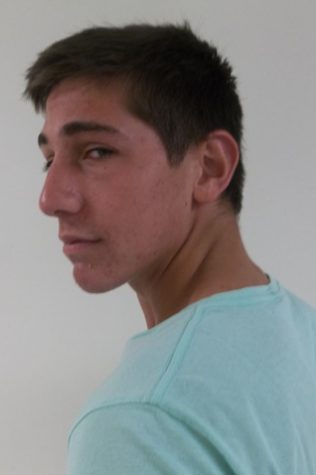
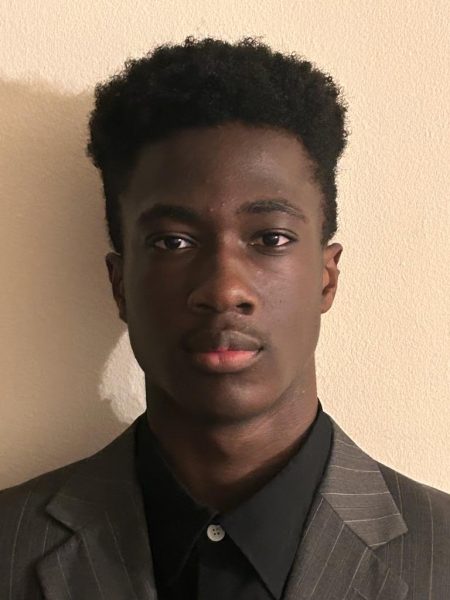
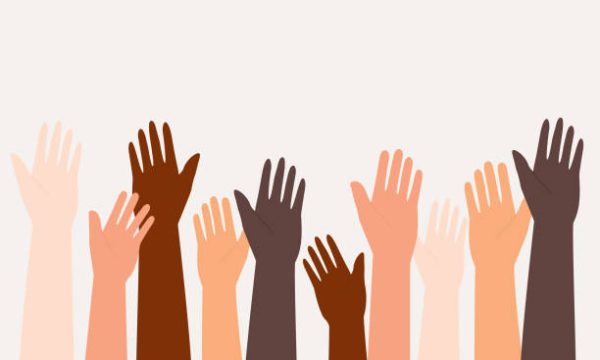
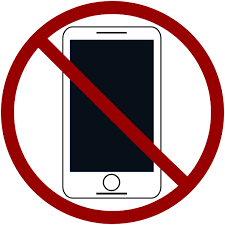
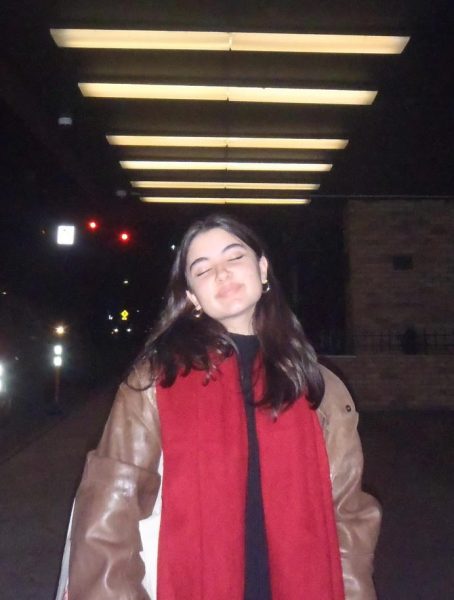

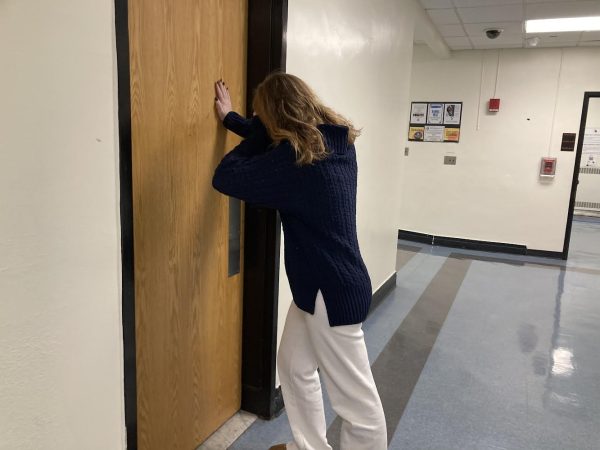

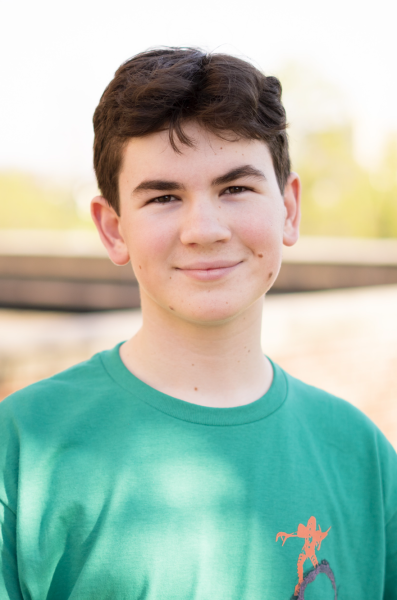

Anarch Knight • Dec 11, 2014 at 11:43 am
No reason to put a rear naked chokehold on someone for longer than 10 seconds Regardless of the situation.